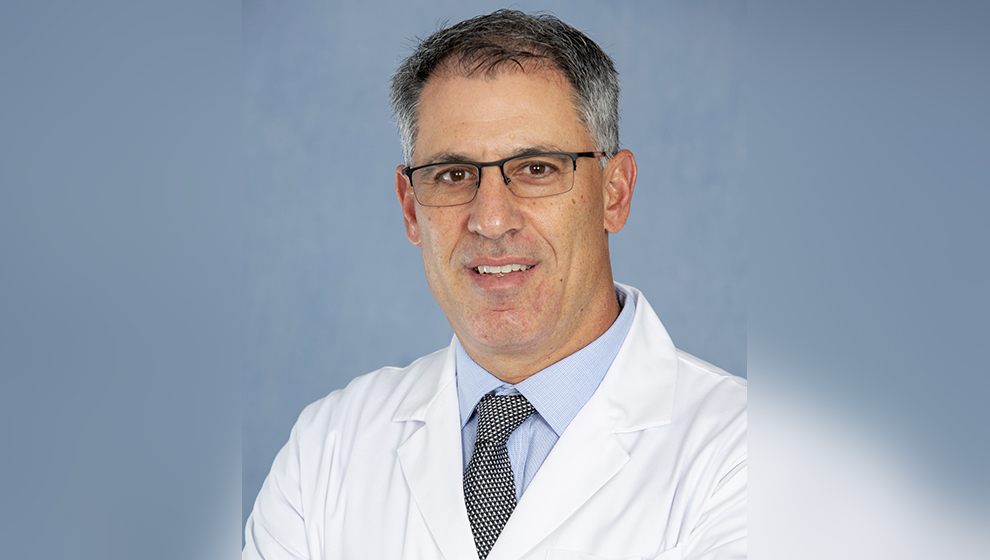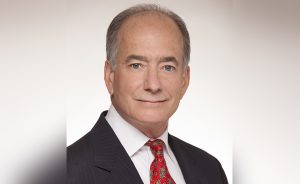Jonathan Hersch MD, a qualified orthopaedic surgeon, expands below on how overreliance on MRI imaging can be counterproductive for counsel and how it can best be avoided.
Can you give a brief overview of MRI scans and how they work?
MRI scans are a high-level imaging modality that uses magnets to allow detailed pictures of human anatomy. In orthopaedics, MRI scans are best for imaging soft tissues such as muscles, tendons and ligaments. It can also help differentiate between water, fat and solids, which can be important in the evaluation of tumours and infections.
In what sort of cases are MRI scans particularly relevant?
MRI scans are relevant in all cases involving orthopaedic injuries – so much so they are often ordered when not needed. For example, in my specialty we need MRI to detect rotator cuff tears, ACL tears and labrum tears. These structures are not visible on x-ray.
How often do you encounter MRI imaging as part of your work as an expert witness?
Every case I review as an expert witness has at least one MRI to review if not more. It has become the standard of care for most soft tissue injuries.
MRI scans are relevant in all cases involving orthopaedic injuries – so much so they are often ordered when not needed.
What issues do you typically see regarding this technology and its use in legal cases?
The real problem with MRI is the high prevalence of “abnormal findings” on MRI that are a “normal” part of the ageing process and not necessarily the source of a patient’s pain.
For example, a 60-year-old patient who has a slip and fall gets an MRI of the knee. It will show a meniscus tear over 25% of the time in someone of that age even if they do not have symptoms. Similar goes for rotator tears in the shoulder and lumbar herniated discs. Proving that the MRI findings in a particular patient have anything to do with their complaints is very challenging.
How have you overcome these obstacles when they have arisen?
When faced with abnormal findings on MRI I pay close attention to the mechanism of injury – what actually happened to the patient. Then I ask if it is reasonable that this injury could have caused the “tear” seen on MRI or if it was more likely a pre-existing problem. I also look closely at recorded examinations and the patient’s complaints. Do they all add up to the MRI findings or is there a different explanation? I always ask to see the MRI scans myself.
Are there alternative methods to MRI imaging that are less problematic?
MRI certainly gives us the best image quality to see structures of anatomy. But other modalities can be done as well to correlate, such as plain x-ray and ultrasound. Often these will show other more chronic changes that can help “age” the MRI findings.
[ymal]
What advice would you give to other expert witnesses or legal counsel when dealing with MRI technology?
We all have to understand that MRI scans are ordered far too much and, often, far too soon after a patient is injured. It often brings unnecessary information to the patient that can cloud their understanding of their injury. Being told there is a “tear” on MRI is a powerful message to a patient that can influence how they behave both consciously and unconsciously. Legal counsel should have their experts challenge the MRI findings and always see the films themselves. The findings are not gospel and radiologists do often call things abnormal that are normal according to orthopaedic criteria.
Orthopaedic Surgeon – Sports Medicine and Arthroscopic Surgey
9970 Central Park Blvd, N Suite 400-A, Boca Raton, FL 33428, United States
Tel: +1 561-430-4610
https://www.facebook.com/#!/JonathanHerschmd
About Jonathan Hersch MD
"I am a board-certified orthopaedic surgeon in practice for 20 years. My specialty is arthroscopic and reconstructive surgery of the shoulder. elbow, hip and knee. Currently I practice in a large multispecialty group in Boca Raton, Florida."





















